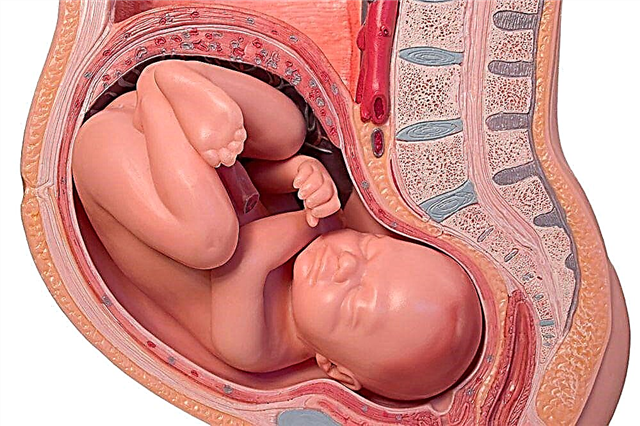Almost 70% of Russian women suffer from decreased secretion of the mammary glands - these are the results of medical research. Doctors note that not all young mothers realize the need to feed babies with special adaptive nutrition and use ordinary baby products. Improper replacement of breast milk can lead to illness in the infant, so parents need to have a good understanding of the types and composition of liquid milk replacers. Let us examine this issue using the example of Agusha.
Agusha - made in Russia

Agusha has been on the market since 2001, all products are manufactured at the Lianzovsky plant in Moscow. Since 2005, the composition of the children's products produced here has been developed with the participation of nutritionists from the State Institution Research Institute of Nutrition of the Russian Academy of Medical Sciences. Each mixture is tested in state medical institutions.
Different food for different ages

Agusha offers two lines of milk formulas, based on the age of the child. Products for babies up to six months have the number 1 on the packaging, nutrition for babies older than this age is marked with number 2. For both age categories, both liquid and dry breast milk substitutes are produced.
In addition, Agusha baby food for every age is divided into fermented milk and unleavened. Pediatricians advise to start feeding babies with fresh food, and then move on to fermented milk nutrition, gradually bringing it to half the daily diet.
Fermented milk mixtures "Agusha" provide prevention of dysbacteriosis. They contain bifidobacteria and lactobacilli, which are necessary for the normal functioning of the stomach and intestines of both a weakened and healthy child.
Liquid food is produced ready-to-eat; it is enough to pour it into a bottle and sterilize it using heating on the stove. Dry substitutes must be diluted with clean water.
Composition of mixtures

The composition of Agusha mixtures is as follows:
- whole (or skim) milk;
- lactose;
- maltodextrin;
- a mixture of vegetable fats;
- cream;
- whey protein concentrate;
- mineral premix;
- vitamin premix;
- bifidoacidophilic starter culture;
- nucleotide premix;
- water.
Pros and cons of "Agush"
Parents of babies leave generally positive feedback about this brand of food on the forums. Among the advantages are the pleasant taste and low price of formula milk. Disadvantages: sugar, which is part of some substitutes, can cause allergies in the child; cans with dry mixes are equipped with a very rigid lid.
Prices for mixtures "Agusha"
In online stores, powdered breast milk substitutes cost an average of 267 rubles per package weighing 350 g. The price of liquid formulas is on average 35 rubles for a 200 ml container



